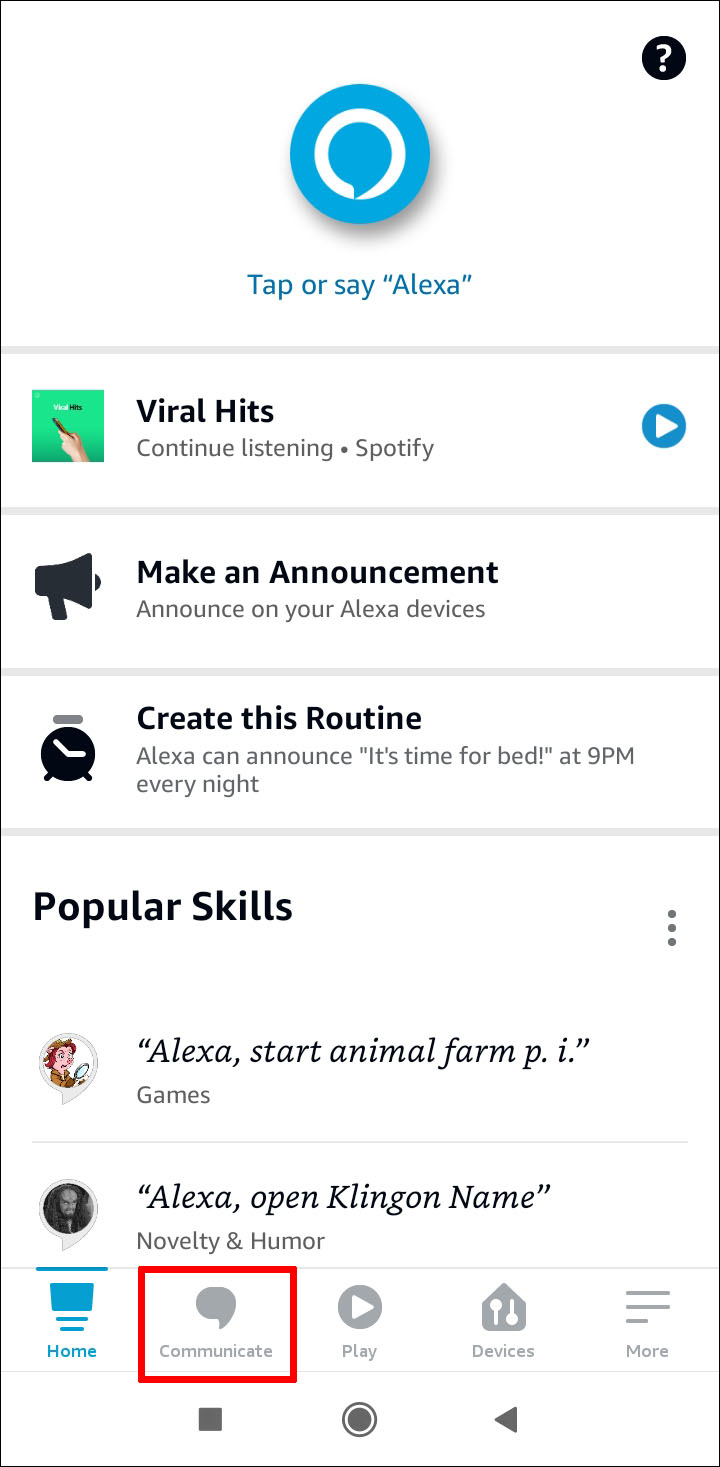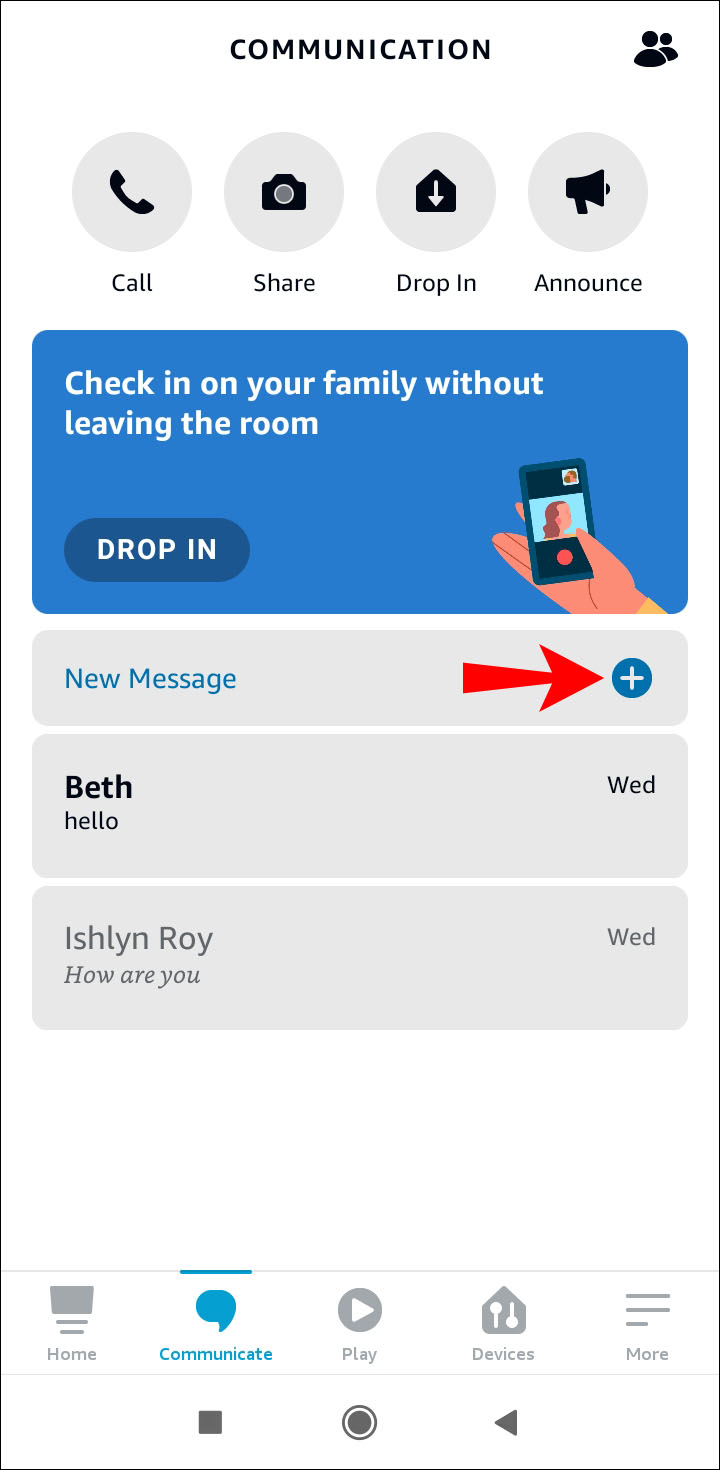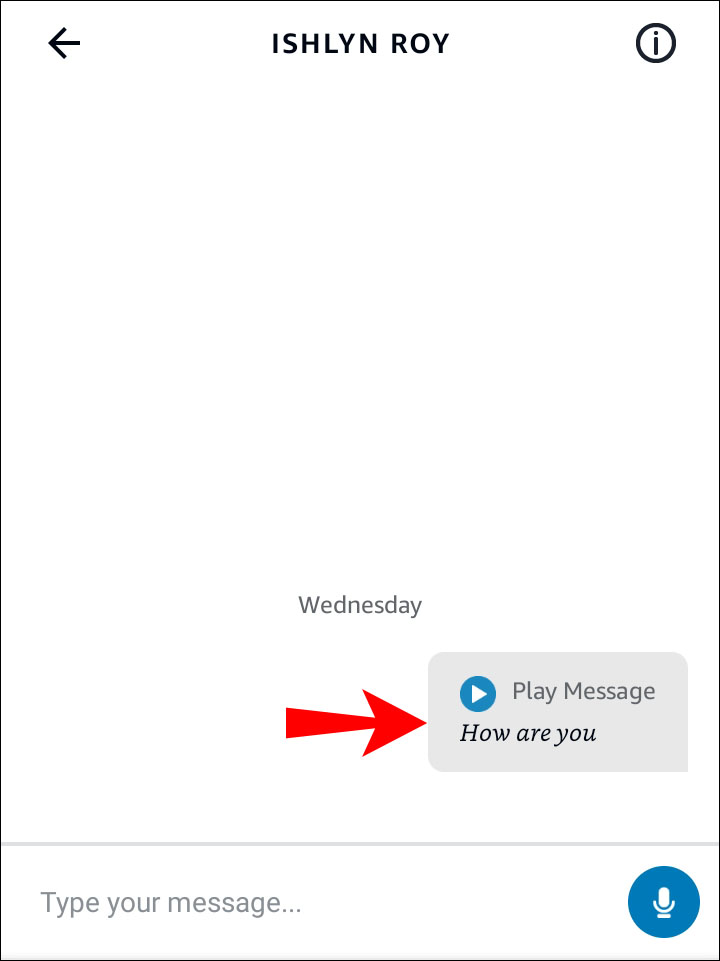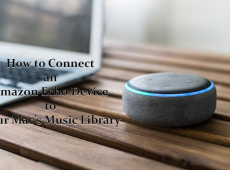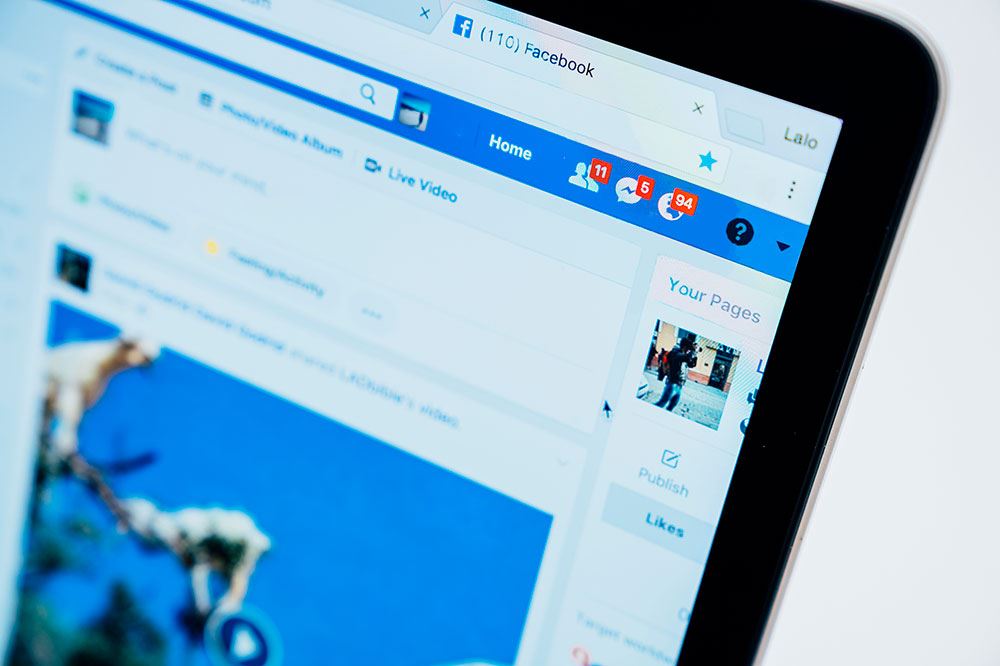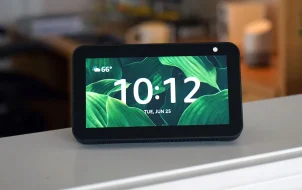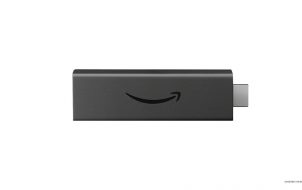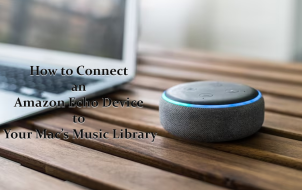People use Alexa and Echo for various purposes, and one of the most useful features of these devices is the ability to use them to send text messages. Previously, the devices could only text your contacts who had Alexa on their smartphone. Nowadays, you can message virtually any mobile phone on the planet.
In this article, we’ll give you a detailed guide on sending text messages using Alexa and Echo.
How to Send a Text Message From Alexa or an Echo Device
Text messaging via Alexa and Echo is only available for Android users. But before you can start texting, you’ll first need to enable SMS in your Alexa app.
Setting Up SMS With Alexa
Activating SMS features using Alexa is relatively straightforward:
- Start Alexa on your Android smartphone.
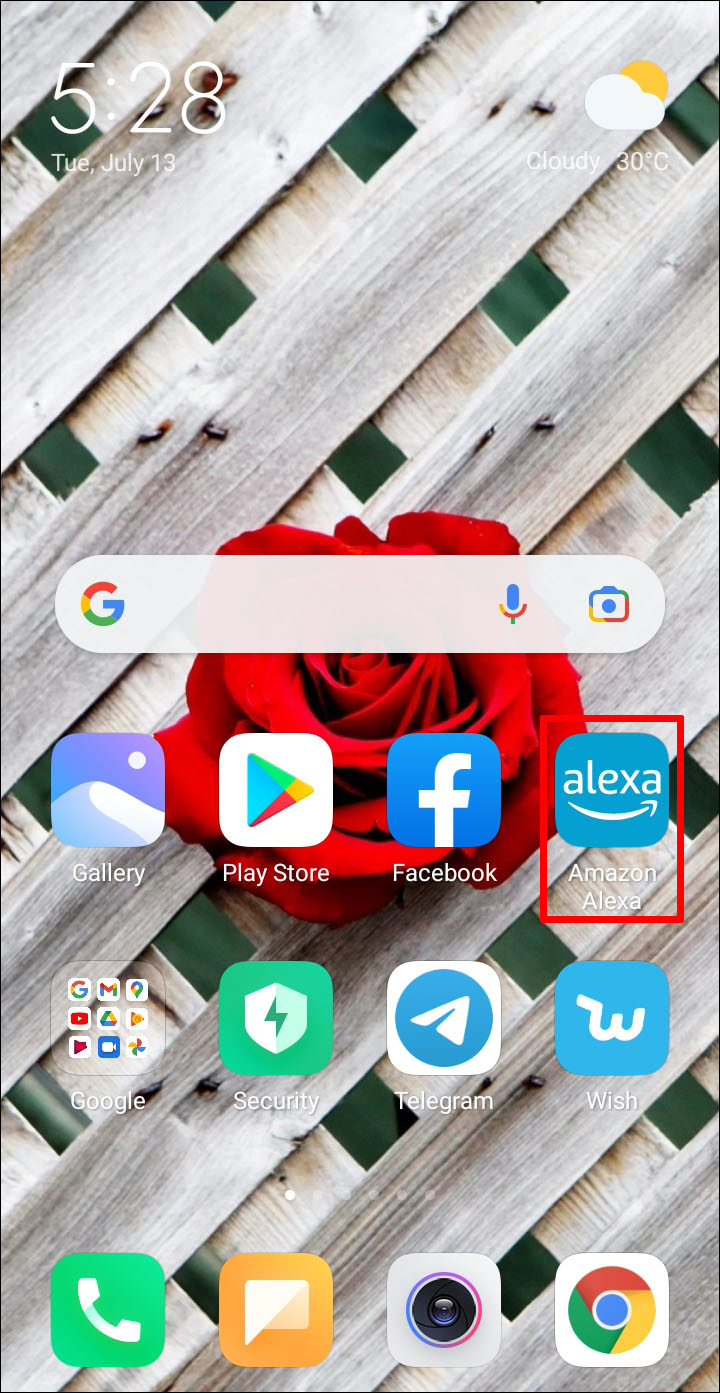
- Press the speech symbol in the lower part of the screen to access the Communicate section.

- Tap the Message symbol.

- The app may ask for your permission to use your contact list. Grant the access and Alexa will give you a list of people in your smartphone directory available for messaging.

- Verify your phone number, and you can now start texting.
Sending Text Messages With Alexa
Once you’ve registered and allowed Alexa to access your contacts, you can use Echo to send a text message:
- Tell Alexa to send a message.
- Alexa will now ask for the recipient’s name. Choose one of the contacts listed in your Alexa app.
- Alexa will then ask you to state the text of your message.
- Dictate the text, and Alexa will send it.
You can also use a quicker method:
- Say: “Alexa, send a message to (name of the contact).”
- Alexa will ask you for the text of the message.
- State the text, and the message will be sent.
Here’s how to use the Alexa app to send your message:
- Start your Alexa app.

- Tap the speech symbol in the lower section of the screen.

- Choose “New Conversation” in the top-right corner of your display.

- Press the contact you want to message.

- Hold the microphone symbol and state your message or press the keyboard icon to type it.

- Once you’re done dictating or typing, Alexa will send your message.

Android users can also send an SMS message in the U.S. with Echo:
- Access Alexa and tap the speech bubble.
- Choose Contacts, followed by “My Profile.”
- Toggle the Send SMS function to “On.”
- Speak to the Echo and tell Alexa to message someone from your contact list.
- Alexa will ask you to dictate your message.
- After stating your message, the SMS will be sent.
However, bear in mind that this form of communication is subject to carrier charges. In addition, texting emergency services, group messages, and multimedia messages aren’t supported.
Sending SMS messages to people outside your contact list is also an option:
- Command Alexa to send a message to a specific phone number.
- Dictate the message, and Alexa will convey it.
Again, you can only send SMS messages from an Android phone. iPhone doesn’t support this feature since Apple doesn’t allow third parties to access its API.
If you wish to prevent Alexa from notifying you about messages and calls, you can use the Do Not Disturb option. All you need to do is tell Alexa not to disturb you.
Alternatively, you can schedule the Do Not Disturb function:
- Access the Settings.
- Find the “All Devices” option.
- Hit “Select Your Device.”
- Select “Do Not Disturb.”
- Press “Scheduled.”
Alexa and Echo Messages Troubleshooting
While using Alexa and Echo for texting usually works like a charm, it’s prone to all sorts of errors:
Messaging No Longer Working on Echo Input
Sometimes, you may receive an input response that messaging is no longer supported on your device. Unplugging the input and rebooting the device is the quickest solution. If that doesn’t do the trick, try the following method:
- Start Alexa and head to the “Devices” section.
- Choose the “Select Your Echo Input” option.
- Select “Communication.”
- Toggle off the “Calling and Messaging” feature.
- Unplug the Echo Input and plug the device back in.
- Return to the Alexa app and toggle on the “Calling and Messaging” option.
Trouble Setting Up Your Device
Another common problem is the inability to set up your Echo device. One of the most common potential culprits is that system may not be running on the latest version. Luckily, this is a quick fix:
- Start your Alexa app on a mobile device or the website.
- Hover to the primary menu and select “Settings.”
- Choose your device and navigate to the “About” section.
- Under this tab, compare your device software to the latest version.
- If the system needs an update, confirm Echo is powered and connected to a Wi-Fi network using a simple command. For instance, you can ask the gadget to tell you the time.
- Find the mute key, marked by a circle or microphone. Press and release the button, and an LED light will indicate that muting is activated.
- Wait for a few minutes (up to half an hour). Alexa will tell you that she needs to update the system and start the installation.
- Once the process is over, your device will automatically reboot unmuted and with the latest updates.
Alternatively, you can reset your Echo with Alexa on your Android smartphone:
- Open Alexa and navigate to the “Devices” section.
- Choose the “Echo and Alexa” option in the upper part of the screen.
- Select the speaker that will be reset.
- Find and press the “Factory Reset” option.
- Confirm your decision.
You can also reset the device manually. This is what you need to do, depending on your Echo:
- First-generation Echo devices should be reset with a paper clip or a similar item. Use it to press and hold your Reset button. Wait for the ring to power down and up.
- Reset your Echo Dot second generation by pressing and holding the volume down and microphone off buttons simultaneously. Wait for the light ring to turn orange, which takes around 20 seconds.
- To reset an Echo Dot with Clock, third-generation, or fourth-generation Echo Dot speaker, press and hold your action button for around 25 seconds. You can find it in the right section of the upper panel.
Additional FAQs
Below is handier information about messaging on Alexa.
How do I receive text messages on Alexa?
When it comes to receiving text messages through the Alexa app, you’ll need to make sure the notifications have been enabled:
1. Launch Alexa.
2. Press the three horizontal lines and tap the “Settings” button.
3. Select “Notifications.”
4. Toggle the notifications on.
With notifications enabled, your phone will display them whenever it receives messages through Alexa. Here’s what you can do after the reception:
1. Tap the message or view it through your Alexa app.
2. Hit the “Play” symbol to hear the message aloud.
Contacts with an Echo receive notifications about their messages both in Alexa and on their device. People who only own Alexa and are registered for Alexa-to-Alexa messaging and calling will receive their message notifications through the app.
You may also receive messages from other Alexa contacts. In this case, the yellow ring will flash, informing you of the reception. The next step is to play the message:
1. To hear your text, say: “Alexa, play message.”
2. The app will tell you the name of the recipient and ask if you wish to hear the message.
3. Say: “Yes,” and the app will play your message.
Alexa lets you respond to existing messages, too:
1. Find the message you want to respond to on your screen.
2. Hold the microphone symbol and state your reply.
Communicate Seamlessly With Alexa and Echo
Apart from making high-quality voice and video calls, Alexa and Echo also offer a quick way of sending messages. Just refer to the above steps, and any confusion surrounding the process should vanish. Whether you prefer dictating or typing your text, using Alexa and Echo will greatly facilitate the task.
Have you tried texting with Alexa and Echo? Did you have a hard time setting up the messaging feature? Do you prefer voice commands or typing your messages? Let us know in the comments section below.
Disclaimer: Some pages on this site may include an affiliate link. This does not effect our editorial in any way.
